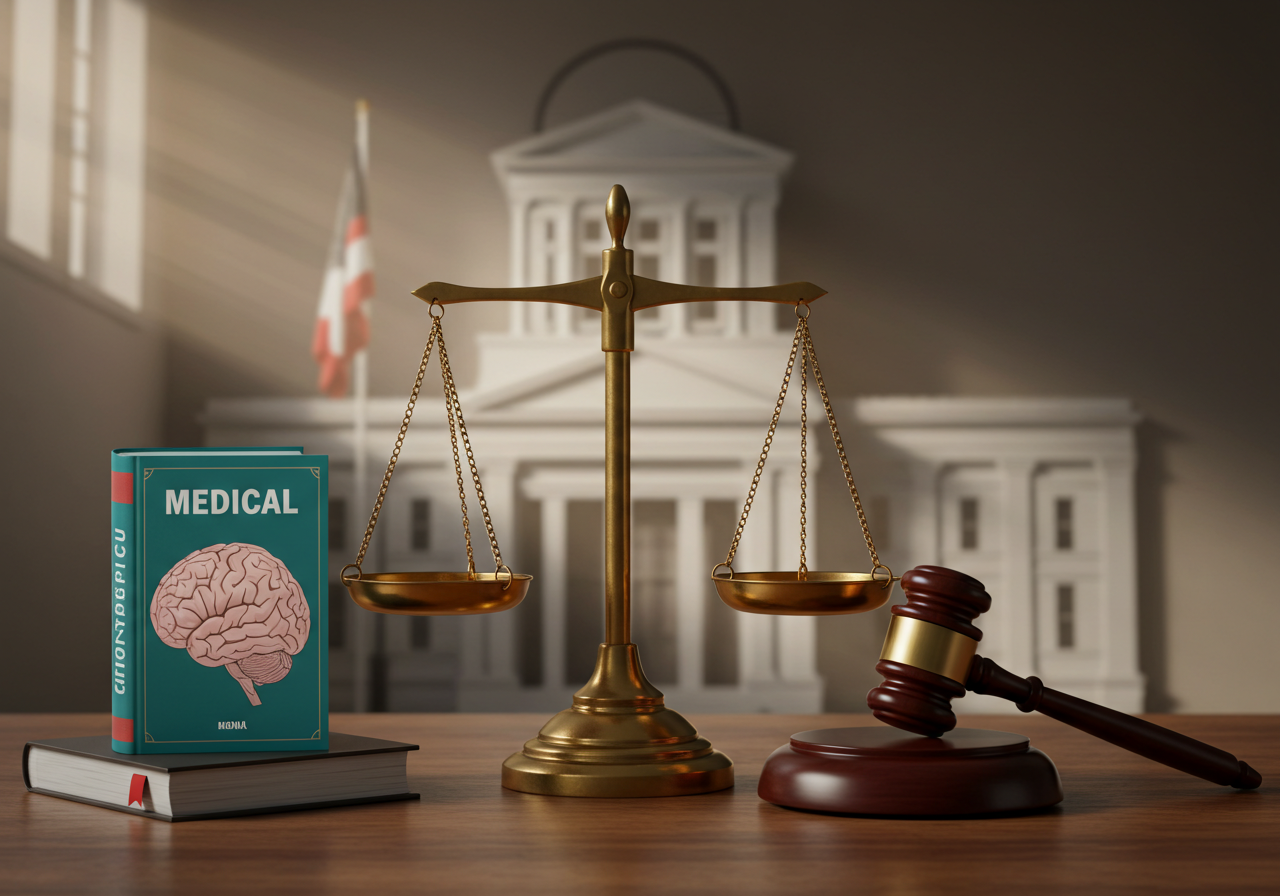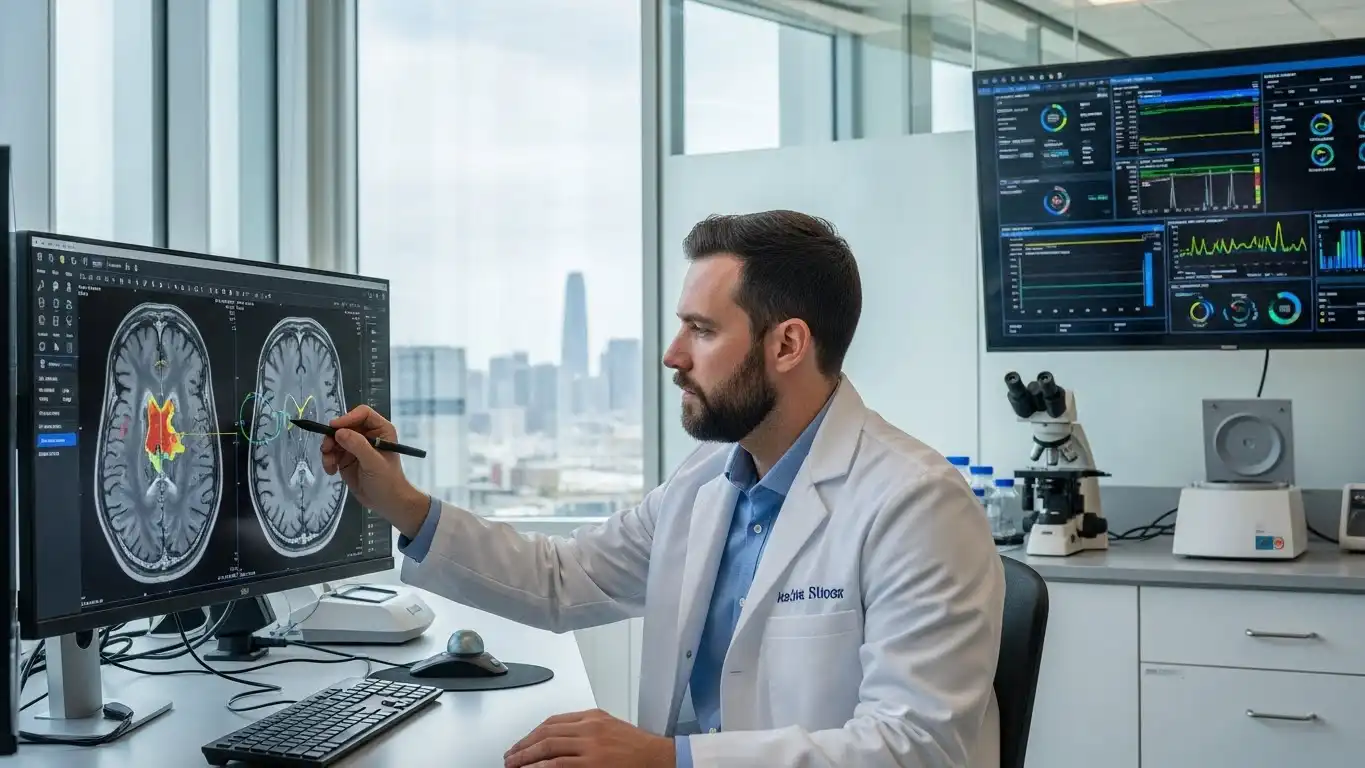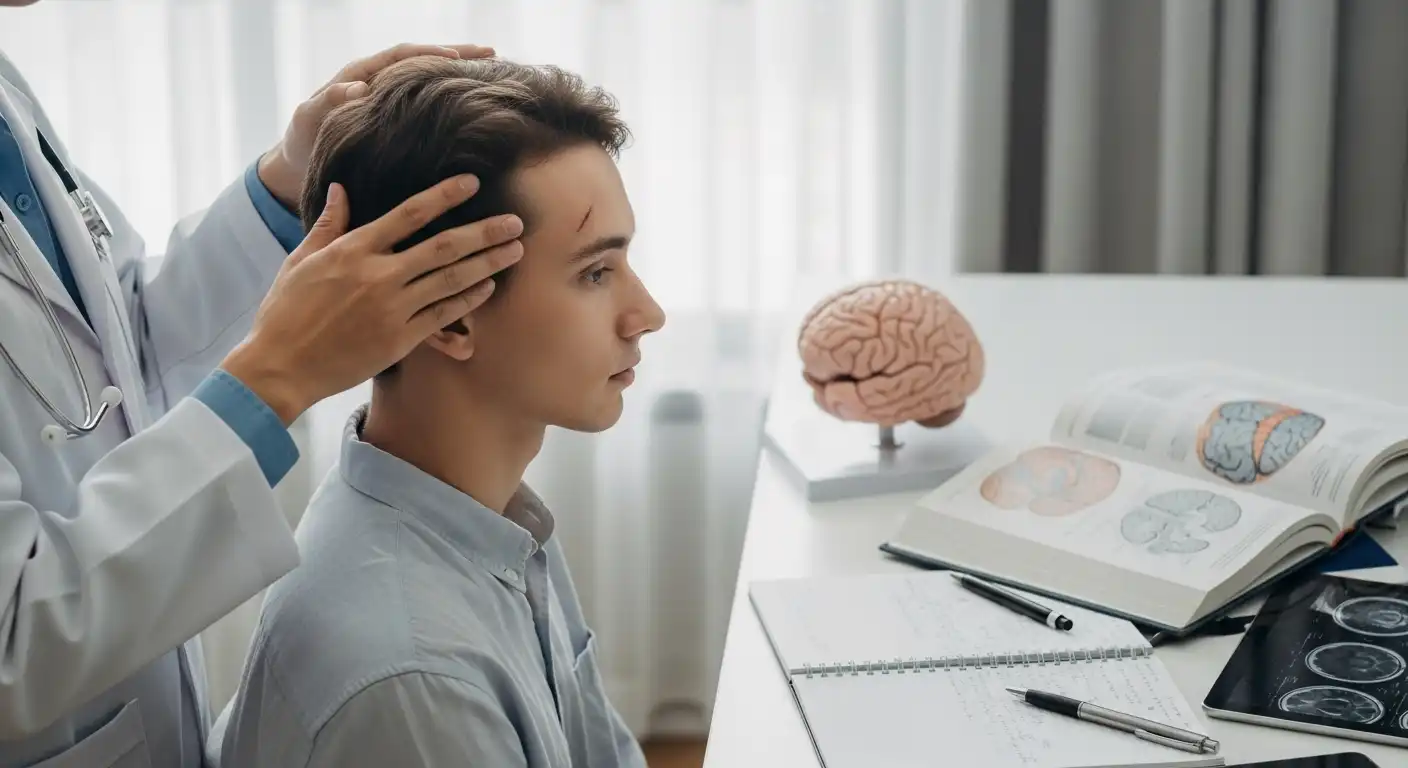In California, courts are beginning to revisit long-standing convictions tied to Shaken Baby Syndrome (SBS), also called Abusive Head Trauma (AHT). A recent case in Solano County saw a man’s 2014 conviction overturned after new medical evidence challenged assumptions about how infant brain injuries occur. This shift highlights how evolving science can reshape criminal law, civil liability, and brain injury litigation in the state.
Case Spotlight: The Tanubagijo Reversal
Reginald “Regi” Tanubagijo, convicted of second-degree murder in connection with the death of a foster infant, spent more than a decade in prison. His conviction relied heavily on expert testimony asserting that the “classic triad” of subdural hematoma, retinal hemorrhage, and brain swelling could only result from violent shaking. However, new research shows these symptoms may also result from short falls, birth trauma, or underlying medical conditions. In 2025, a Solano County judge ruled that if this evidence had been available during trial, the outcome might have been different—and granted Tanubagijo’s petition for relief.
Why the Science Behind SBS Is Changing
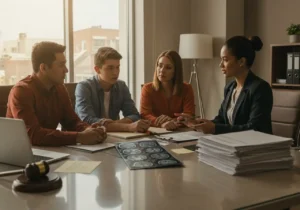 For decades, SBS/AHT diagnoses were treated as near-certain indicators of child abuse. Today, the medical community is divided. Research reveals that:
For decades, SBS/AHT diagnoses were treated as near-certain indicators of child abuse. Today, the medical community is divided. Research reveals that:
- The classic triad of symptoms is not unique to shaking and may overlap with other conditions.
- Past SBS studies often lacked scientific rigor, with circular reasoning or absence of proper control groups.
- Advances in biomechanics suggest the forces required to cause SBS-type injuries may differ from earlier assumptions.
These findings have pushed courts to reconsider whether convictions based solely on SBS testimony meet modern evidentiary standards.
Legal Implications for Criminal Cases
The Tanubagijo reversal could set precedent in California. Defendants convicted under disputed SBS science may now seek post-conviction relief. Key implications include:
- Expert testimony scrutiny: Judges may demand higher reliability under California’s Kumho Tire and Kelly evidentiary standards.
- Re-examining old cases: Convictions based primarily on SBS testimony may be vulnerable to appeal.
- Resource challenges: Innocence projects and legal defense organizations may be inundated with new petitions for review.
Impact on Civil Litigation
Beyond criminal law, these developments affect civil brain injury cases as well. Families pursuing compensation for infants with severe injuries may face contested expert testimony. Insurance companies and defense attorneys are likely to challenge SBS-based claims with reference to the latest scientific disputes. Plaintiffs’ attorneys must be prepared to present multi-disciplinary evidence—including medical records, biomechanics studies, and peer-reviewed research.
What Families Need to Know
For families facing SBS allegations or navigating brain injury claims, it is essential to understand the changing legal landscape:
- You have the right to seek a second medical opinion, especially in suspected SBS cases.
- Not all brain injuries in infants are the result of abuse—other medical or accidental causes may be at play.
- If a family member is incarcerated due to SBS testimony, you may be able to pursue post-conviction relief with the help of an experienced attorney.
How Attorneys Are Adapting
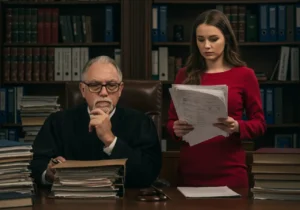 Attorneys specializing in California brain injury law are adapting by:
Attorneys specializing in California brain injury law are adapting by:
- Bringing in medical experts familiar with the evolving research on SBS/AHT.
- Challenging outdated expert testimony in both criminal and civil cases.
- Highlighting alternative causes of injury when representing defendants or families accused of abuse.
Future Directions in Science and Law
Moving forward, expect continued debate among pediatricians, forensic pathologists, and biomechanical engineers. Courts will increasingly demand rigorous, peer-reviewed science before allowing SBS testimony. California may also see legislative reforms ensuring defendants have access to updated medical research when challenging convictions.
Internal Links for Further Reading
Conclusion
The reversal of shaken baby syndrome convictions in California marks a turning point for both science and law. As new evidence questions long-held assumptions, the justice system must adapt to ensure fairness and accuracy. Families, attorneys, and defendants alike should stay informed about these developments. For those directly impacted, consulting with a knowledgeable California brain injury attorney may be the first step toward justice.
If you or someone you love has been affected by an SBS/AHT case, our firm can provide guidance on your rights and options under California law.
